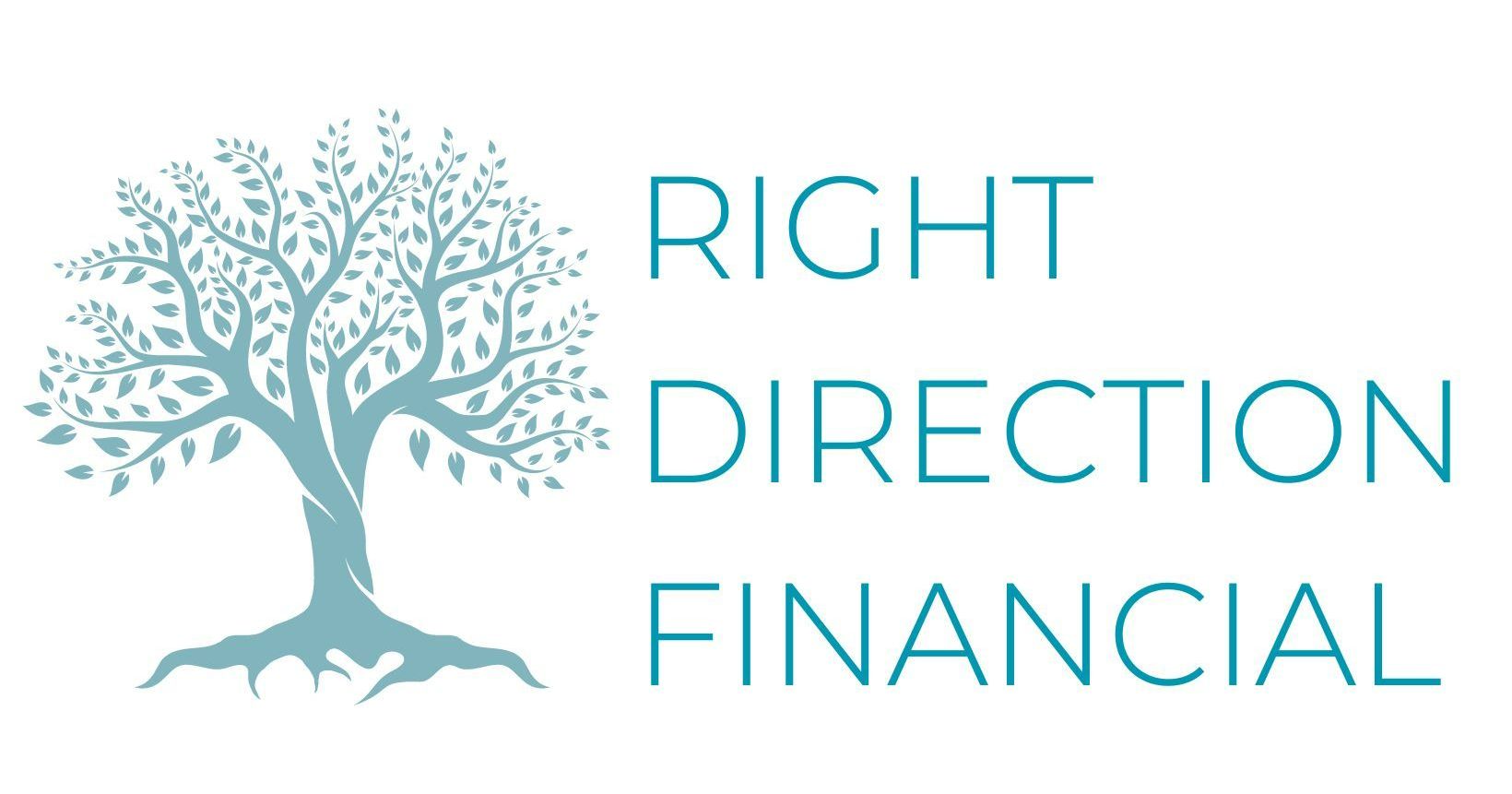Calling all high achievers! Maybe fun isn’t the first place your head goes to when thinking of high performance. We’re talking to you- the hard worker, the busy parent, the dedicated athlete, the responsible sibling. We’ve got compelling, scientific evidence proving how important it is for you to incorporate fun and play into your life! You’ll also find some practical suggestions for incorporating more fun into your daily routine.
Research indicates that happy individuals tend to be healthier physically, have lower inflammatory markers, and may even have improved productivity at work. Happiness has also been linked to better mitochondrial health and is a key factor in sustainable high performance. A recent study on twins suggests that 35% to 50% of your happiness is genetically predetermined. That means there's still a significant portion of happiness that's within our control. Interestingly, humans typically aren’t the best at knowing exactly what makes them happy. Dr. Gillian Mandich, who studies the science of happiness, says that it’s not the big shiny moments that matter, but rather the small moments over time that determine how happy we are.
It is recommended to dedicate at least two hours per day to fun. Engaging in playful activities, such as games or sports not only increases happiness, but it’s also important for your brain. A study found that juvenile rats that engaged in “rough and tumble” play had higher activation in certain areas of the brain compared with control rats. They also had greater brain-derived neurotrophic factor (BDNF) gene expression, suggesting that play is important for neurodevelopment.
Humor is another way to sprinkle small bursts of joy throughout the day. Laugh therapy is currently being used to treat depression and anxiety, as well as stress-related disease. Research shows that laughter actually supresses cortisol, and boosts dopamine and serotonin hormone levels.
Playfulness isn't just beneficial for personal wellbeing; it can also have positive effects in professional and practical settings. Play has been shown to reduce stress, increase productivity and job satisfaction, and improve overall work quality and team cohesion.
Play can also serve as an effective coping mechanism for stress, allowing you to mobilize cognitive resources and build resilience in the face of challenges.
Contrary to the belief that play is only for children, research demonstrates its importance for health and wellbeing across all age groups, adults being the most prone to high stress levels. Remember that striving for constant happiness can be counterproductive. Happiness is a result, not a pursuit. Accepting the ups and downs of life and focusing on creating joyful moments, when possible, can lead to a more sustainable sense of wellbeing.
In summary, incorporating more fun, play, and happiness into our lives can lead to numerous benefits, including improved physical health, enhanced productivity, and greater overall wellbeing. It's essential to prioritize these elements and recognize their significance for both personal and professional fulfillment. If you’ve been all work, no play lately- this is your sign to get out there and have some FUN!
Source: https://drgregwells.com/blog/your-brain-on-play-the-science-of-how-fun-can-fuel-wellbeing
References:
Dfarhud, D., M. Malmir, and M. Khanahmadi. “Happiness & health: The biological factors—systematic review article.” Iranian Journal of Public Health 43, no. 11 (November 2014): 1468–1477.
Panagi, L., L. Poole, R.A. Hackett, and A. Steptoe. “Happiness and inflammatory responses to acute stress in people with type 2 diabetes.” Annals of Behavioral Medicine 53, no. 4 (March 20, 2019): 309–320.
Salas-Vallina, A., M. Pozo-Hidalgo, and P.R. Gil-Monte. “Are happy workers more productive? The mediating role of service-skill use.” Frontiers in Psychology 11 (March 27, 2020): 456.
Picard, M., A.A. Prather, E. Puterman, A. Cuillerier, M. Coccia, K. Aschbacher, Y. Burelle, and E.S. Epel. “A mitochondrial health index sensitive to mood and caregiving stress.” Biological Psychiatry 84, no. 1 (July 1, 2018): 9–17.
Chick, G., C. Yarnal, and A. Purrington. “Play and mate preference: Testing the signal theory of adult playfulness.” American Journal of Play 4, no. 4 (2012): 407–440.
Wallace, J. “Why it’s good for grown-ups to go play.” Health and Sci- ence. Washington Post (May 20, 2017). https://www.washingtonpost.com/national/health-science/why-its-good-for-grown-ups-to-go- play/2017/05/19/99810292-fd1f-11e6-8ebe-6e0dbe4f2bca_story.html.
Magnuson, C.D., and L.A. Barnett. “The playful advantage: How playfulness enhances coping with stress.” Leisure Sciences 35, no. 2 (2013): 129–144.
Neale, D. “A golden age of play for adults.” British Psychological Society (March 25, 2020). https://www.bps.org.uk/psychologist/gold- en-age-play-adults.
Edwards, D. “Play and the feel good hormones.” Primal Play (June 23, 2022). https://www.primalplay.com/blog/play-and-the-feel-good- hormones.
Guitard, P., F. Ferland, and É. Dutil. “Toward a better understand- ing of playfulness in adults.” OTJR: Occupation, Participation and Health 25, no. 1 (January 1, 2005): 9–22.


















